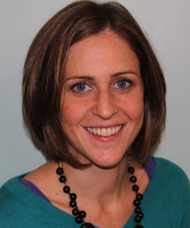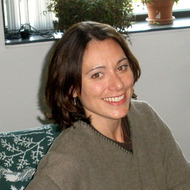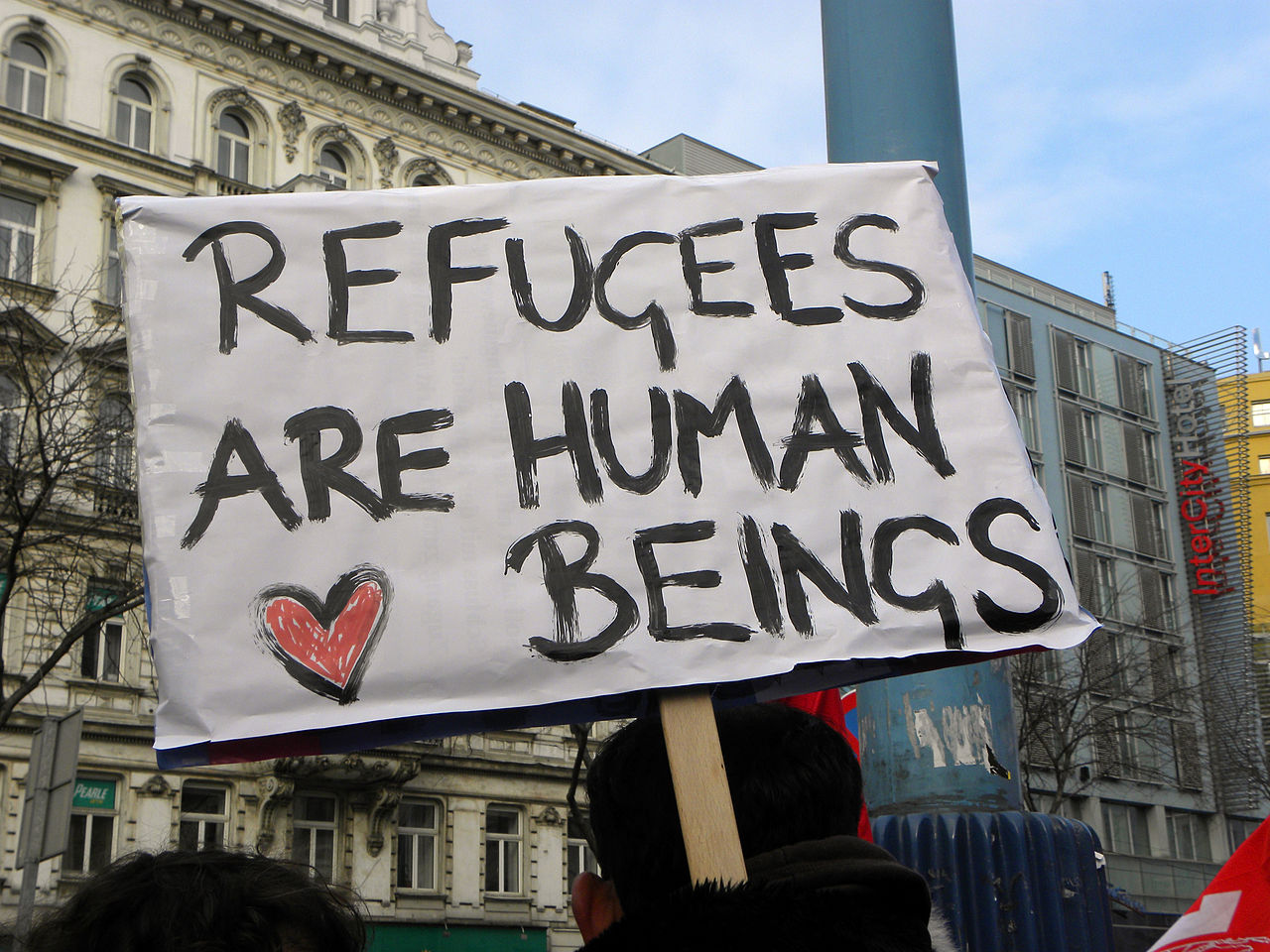
According to the United Nations, each minute 24 people flee their home because of violence or persecution.
More than 60 million refugees are displaced worldwide, an unprecedented level according to the UN. The war in Syria has driven the increase in refugees to its historic levels. But when WVU students and professors conducted an informal survey in the Mountainlair in 2015, they found that many students were unaware of the crisis in Syria.
“We were shocked that many students weren’t aware,” said Cynthia Gorman, assistant
professor of geography and women’s and gender studies. “We felt powerless looking at all of the newspaper accounts of the crisis and we wanted to facilitate greater awareness about the conflict and the displacement it was causing.”
The WVU chapters of OXFAM and UNICEF partnered with the Department of Geology and Geography to start the WVU Syrian Refugee Campaign that September.
More than a year later, the campaign has hosted numerous lectures, teach-ins, bake sales, film screenings and set up tables in the Mountainlair with information about the refugee crisis caused by the Syria war during the 2015-2016 school year.
“We had to highlight this humanitarian crisis,” said Karen Culcasi, associate professor of geography. “These are people, regardless of where they are from, the color of their skin or how they worship.”
At the end of the spring 2016 semester, the campaign raised more than $2,000 and that money was donated to the Collateral Repair Project (CRP), a grassroots effort located in Amman, Jordan to bring assistance to refugees and other victims of war and conflict. The CRP used the donated money to distribute food vouchers to support 57 families, consisting of 130 adults and 131 children, for an entire month.
Culcasi worked with Syrian refugees in Jordan for two years prior to beginning the WVU campaign. She held lectures as part of the campaign where she told the stories of the women she met and the hardships they faced.
“These talks weren’t intended to be academic,” Culcasi said. “I was just telling stories about these women’s lives. In my talks, I recognized the troubles and tensions in their lives, the difficulties and challenges but I really emphasized their strengths.
“We have a tendency to think of a refugee, a women, Muslim and Arab refugees, as oppressed and victimized. Yet, I found that these women, their strength and their ability to cope and succeed was astounding.

Culcasi hosted a teach-in alongside David Hauser, a political science professor, on the Yemen refugee crisis in October.
“I’ve been really concerned about the lack of attention the war in Yemen has received in the United States,” Culcasi said. “I wanted to have this talk to stress a strong humanitarian refugee element.”
Culcasi and Gorman’s goal for the campaign was to provide educational opportunities that help students understand what is going on to make informed decisions about the situation and to be able to cut through some political rhetoric.
The refugee resettlement process is one of the most rigorous immigrations processes, taking at least 18 months. While some say the vetting process may become more difficult under president-elect Donald Trump’s administration, Gorman and Culcasi said focus should remain on the repercussions extending the process could have on those awaiting resettlement.
“They are applying for resettlement because the conditions they live within are dangerous and potentially life threatening,” Gorman said. “This will just extend the time period that these families are enduring in those conditions.”
The campaign will continue through the spring with fundraising efforts and guest lecturers.
“No one ever thinks they are going to be a refugee,” Culcasi said. “They were just living their lives and a war just ravaged their homes, families and hopes for the future. Everything was destroyed. These are people. I don’t understand how we could ever close our doors, our hearts to people.”
To get involved with the WVU Syrian Refugee Campaign, contact OXFAM president Lauren Griffin at lagriffin@mix.wvu.edu.

